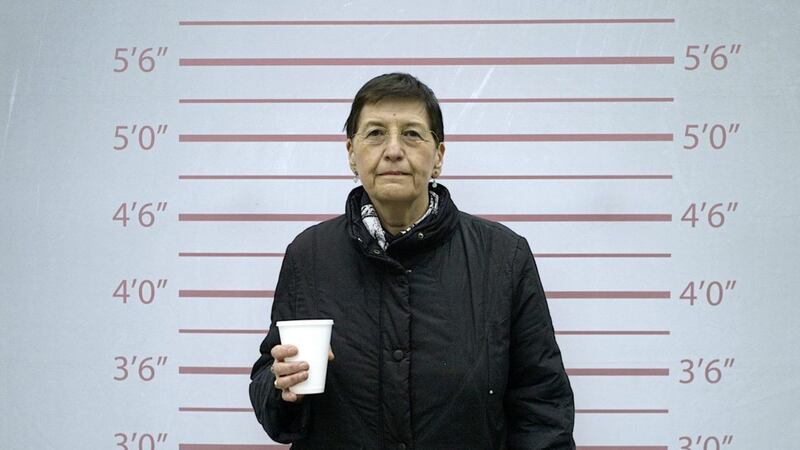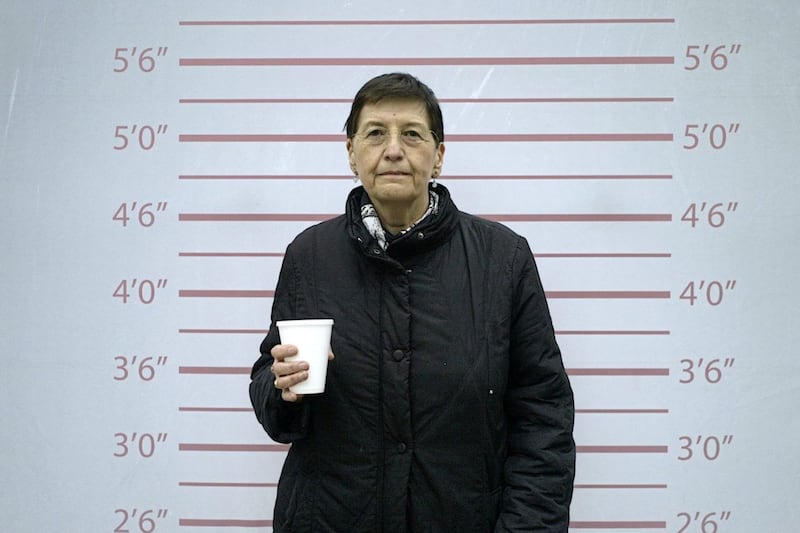The Day the Dinosaurs Died, BBC 1, Monday at 9pm
When a serious science television programme has the pace of a Hollywood blockbuster it’s likely to be good TV.
The Day the Dinosaurs Died told the definitive story of how an asteroid hitting the earth 66 million years ago wiped out the most impressive creatures to ever live on Earth.
It was always suspected that an asteroid was the culprit but a scientific mission to the crater off the coast of modern day Mexico has proved it. And the entire escapade got the full BBC treatment.
There was high end graphic support, round the world travel, multiple experts, exclusive access and Dr Alice Roberts presenting.
Look away now it you’re a creationist who believes that the Earth is less than 10,000 years old.
The scientists drilled a bore-hole almost 1.5 kms into the rock under the sea bed off the Yucatan peninsula. This they believed was at the centre of the crater caused by the impact of the nine-mile wide asteroid hitting the earth at 40,000mph.
The deeper they got they were removing a core of older rock until eventually they were holding granite created the day the asteroid struck.
Instead of being speckled grey it was an explosion of colours that the geo-physicists said was proof beyond doubt.
Through examining the rock and modelling the outcomes they determined what happened after the strike.
On impact the asteroid vaporised and the sea bedrock turned to liquid.
A wall of rock as high as the Himalayas rose within seconds and a crater 20 miles deep and 120 miles across was created.
The impact has been estimated to be equivalent in power to 10 billion Hiroshimas.
An instant fireball incinerates everything in a 600 mile radius and a vapour plume rises 600 miles into the air
The shock wave creates a global hurricane and tsunami and granite rock rains down across the world.
The Earth’s atmosphere heats to such a temperature that it creates a global firestorm and afterwards the ash and dust block out the sun which sees temperatures fall by 10-degrees.
After 150 million years on earth the age of the dinosaurs was over.
Amazingly some small mammals survived, which many millions of years later led to apes walking on two legs and the evolution of humans.
It’s a mind boggling episode in the history of our planet which the scientists said could easily have been different.
Had the asteroid struck a few minutes earlier or later, the rotation of the earth would have seen the impact zone in much deeper water thus negating some of the catastrophic events.
In this scenario mammals may never have been able to compete with the surviving dinosaurs and human evolution may never have happened.
It’s on the iPlayer for 30 days and is the best chance ever to get children to watch science.
****
Panorama: Inside the Litter Police, BBC 1, Monday at 8.30pm
Panorama got out their stock of hidden cameras to film the goings on inside a commercial, litter warden company.
The company - which has enforcement contracts with more than 50 councils - pays commissions to its litter wardens and teaches them where to catch people (mainly smokers) and how to scare citizens into giving their details (telling offenders you will call the police).
Some of it was unnecessary and a bit unfair but we have to get tough with people who think they can dump their waste on the street and it’s someone else’s job to clean up after them.
Here’s a tip so that you won’t get an unfair fine - don’t litter.




